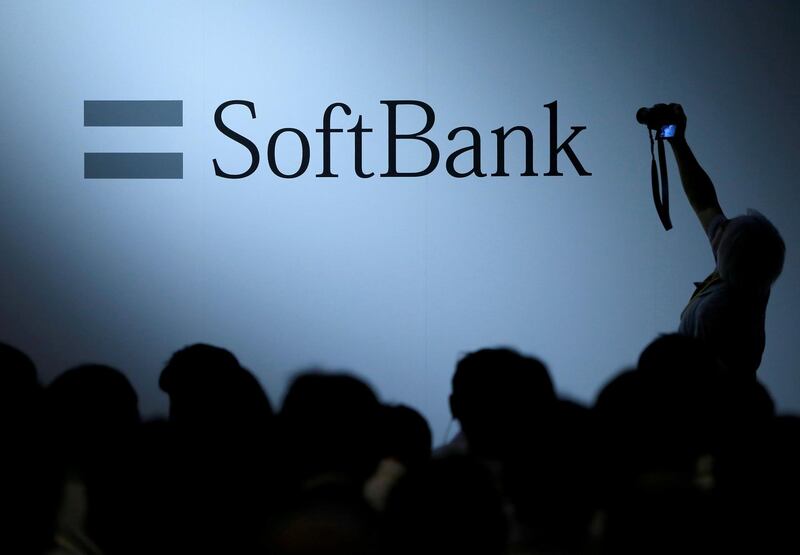SoftBank Group, the Japanese technology giant, used its stake in online retailer Alibaba Group as collateral for an $8 billion loan from a group of banks in what is one of the biggest deals of its kind, according to people familiar with the matter.
Morgan Stanley, Citigroup, Goldman Sachs, Bank of America. and JPMorgan Chase were among at least 10 banks that helped to make the so-called margin loan, which is guaranteed only by Softbank’s Alibaba holding, said the people, who requested anonymity as the details aren’t public. The deal won’t be reflected in the Tokyo-based company’s debt, which may help shield it from a ratings downgrade, and could help its plans to sell shares in a domestic subsidiary, the people said.
The participation of the world’s biggest banks in the trade reflects their continued appetite for complex share-based trades linked to their most-prized clients even after banks lost more than $1bn combined on a margin loan linked to Steinhoff International. The South African retailer has lost more than 90 per cent of its market value following disclosures of accounting errors that dated back several years.
“To my knowledge, I would agree that $8bn is the largest margin loan ever,” said Bethany Knight, a former Deutsche Bank executive who now advises on equity derivatives at Riverside Risk Advisors in New York. “There are only a handful of sizable margin loans due to the significant ownership stake needed in a large, liquid, public company.”
SoftBank couldn’t immediately be reached for comment.
BNP Paribas, Deutsche Bank, Nomura Holdings, Societe Generale, UBS Group and ING Groep were among other lenders on the deal, the people said. Representatives for the banks either declined to comment or didn’t return calls and emails.
_______________
Read more:
SoftBank and Alibaba buy into Indian online retailer
Indian ecommerce start-up Bigbasket now country's biggest player
$93bn SoftBank fund to strengthen ties with Middle East
_______________
The margin loan’s interest rate is the London interbank offered rate, or Libor, plus about 150 basis points, or 1.5 per cent, two of the people said. Softbank sold $2bn of 10-year bonds last year that had a yield of 5.7 per cent in London.
The margin loan may also remove an obstacle to the initial public offering of its domestic telecommunications unit SoftBank Corporation, which had been used as collateral for its earlier debt, one of the people said. A successful IPO -- possible only after the division proves its independence by canceling debt guarantees -- could help the parent raise capital and relieve some of its debt burden, which reached 15.8 trillion yen ($147bn) at the end of last year. A Tokyo listing could raise more than 2 trillion yen, people with knowledge of the matter said this year.
Billionaire founder Masayoshi Son, who has said he aims for a listing within a year, is seeking to separate SoftBank’s activities into investing and telecommunications arms as it branches out into businesses ranging from ride-hailing to insurance.
SoftBank Group’s debt risk last month jumped to the highest in almost two years following a successful exchange of its dollar- and euro-denominated bonds for new securities, allowing the mobile-phone unit to release its loan guarantee. That swap eases the way for the IPO, prompting concern among bondholders that the unit’s listing may reduce the amount of cash flow for the parent company.
In a margin loan, a borrower secures the debt by pledging an asset with the understanding that they’d need to pay up if the value of the collateral declines. The lender can typically sell some of the collateral if the borrower is unable to provide the cash. Banks compete for these deals because of the fees associated with structured financing.






